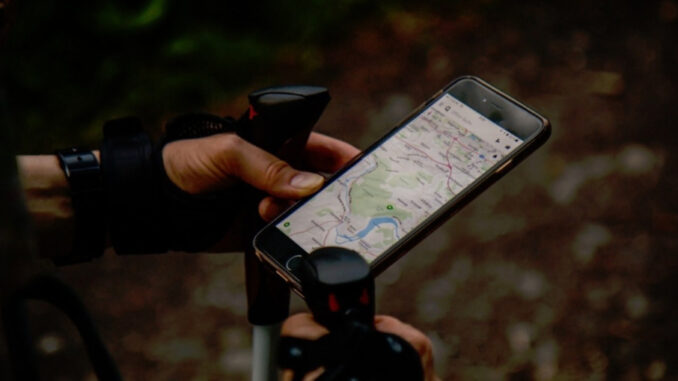
The Global Positioning System (GPS) has evolved into a crucial tool in navigation, with its origins dating back to the late 1970s, funded and supervised by the US Department of Defense.
Initially developed for military use, GPS later became publicly accessible and is now integrated into various consumer products. How does GPS operate? GPS comprises three key elements:






satellites, earth monitoring stations, and receivers such as cell phones. By providing specially coded satellite signals that can be processed in a GPS receiver, GPS facilitates the computation of position, velocity, and time.
In current times, cell phones are not restricted to voice calls alone. Features like an MP3 player, digital camera, and video camera have become standard in modern cell phone models. It is anticipated that GPS capability will soon be added to this list, allowing for real-time tracking of cell phone users.
The ability to track cell phone users is particularly critical in emergency situations, such as road accidents where a quick 911 emergency phone call can be a matter of life or death. In these instances, the GPS system can pinpoint the exact location of the accident, enabling first responders to be promptly dispatched.
It is important to note that most GPS systems in cell phones are presently restricted to tracking information. However, navigational capabilities can be accessed through full-screen cell phone/PDA combinations with map displays, as well as other cellular phone accessories and third-party paid services. Users who prefer not to enroll in monthly paid subscription services can opt for one-time-paid software programs offering navigational capabilities.
Although GPS cell phones offer several advantages, concerns regarding personal privacy have been raised. Since the US Congress has not authorized location tracking without actual evidence of wrongdoing, there have been court hearings rejecting government agencies’ requests for cell phone GPS tracking information for both suspects and ordinary citizens.
These privacy concerns have led to progress toward establishing the rights of cell phone users, with certain laws being enacted to ensure protection from the release of tracking information, with the exception of 911 emergency cell phone calls. It is anticipated that these laws will safeguard the benefits of GPS in cell phones while respecting individuals’ privacy rights.
Tech innovations often prompt concerns about privacy and rights infringements. However, it is apparent that reaching a compromise is imperative so that new technologies can integrate into everyone’s lives. After all, we do live in a globalized consumer world. By the way, have you acquired your GPS cell phone?

Leave a Reply